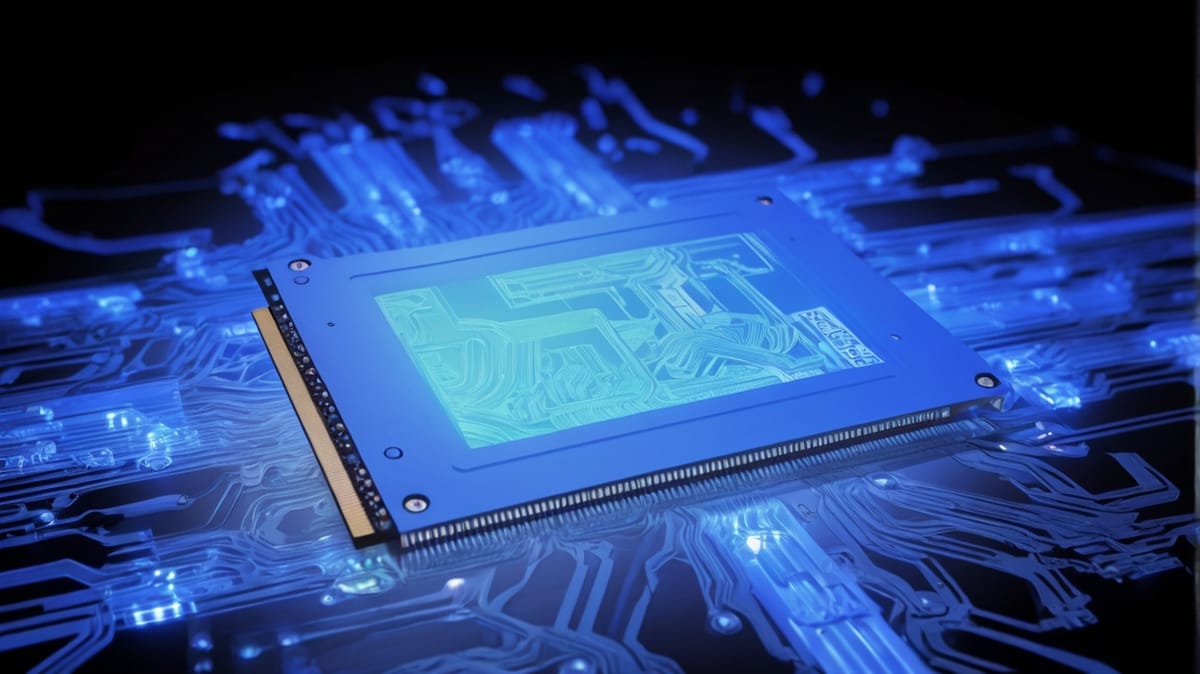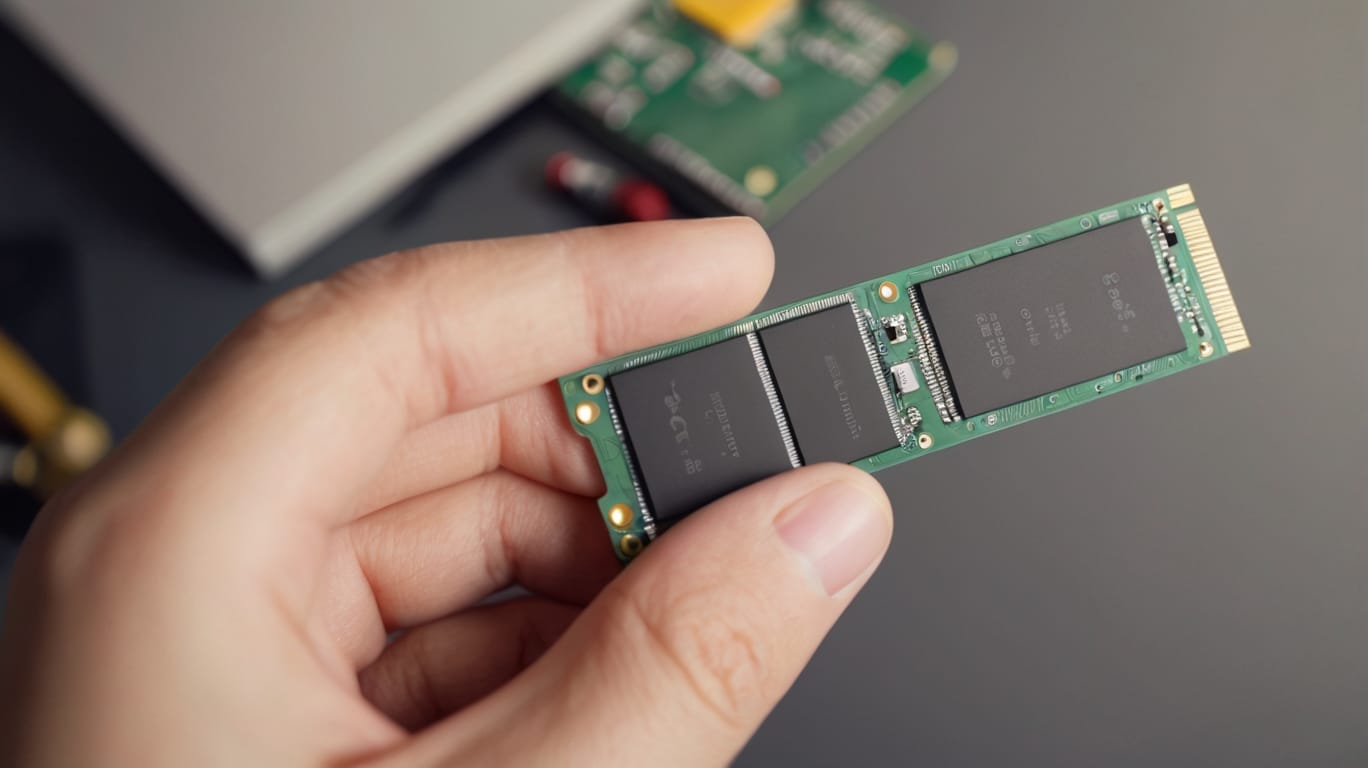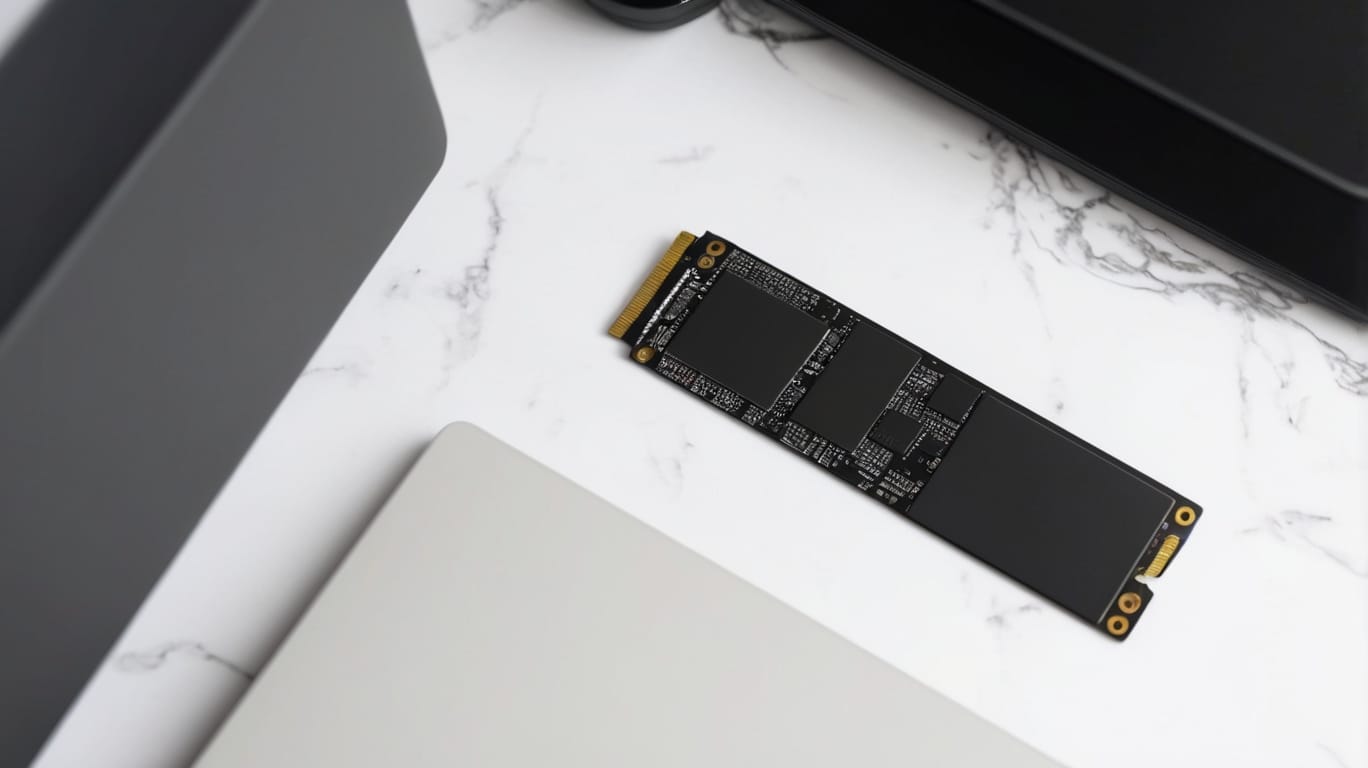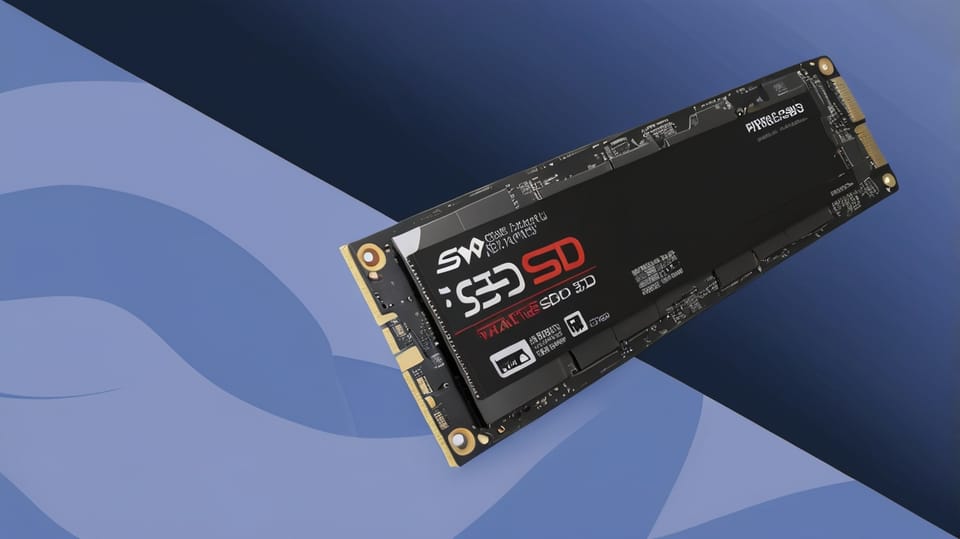3 Solid Reasons I Don’t Trust SSDs for Long-Term Data Storage

I've been assembling and upgrading PCs for years, and here's one thing I've learned the hard way: not every storage is equal.
Although SSDs are really fast and fantastic for boot times and gaming, I just can't seem to trust them with long-term data storage.
Over the years, I've had a few reliability issues that made me question where I store my valuable files.
In this article, I'd like to present three good reasons why I'm still using conventional hard drives for storage in the long term—even back in 2025, when SSDs appear to be ubiquitous and inside everything.
3. Sudden Failures Are More Common and Less Predictable

One of the most significant reasons I do not use SSDs for long-term storage is the way they can just cease to function.
Unlike typical hard drives that tend to provide warning—such as odd sounds or slow read times—SSDs tend to just fail without warning.
I have lost an SSD overnight with important data, and there was nothing that could be done to retrieve it.
It didn't slow crash or allow me the luxury of backing up—it simply stopped functioning. That unpredictability worries me for storing important data such as family pictures, files, or backup snaps.
I like something that allows at least some warning before it dies, and from my experience, SSDs simply don't provide that level of reliability over the long term.
2. Limited Write/Erase Cycles

Another reason I don't completely rely on SSDs for storing data long-term is that they have a finite number of write/erase cycles.
Each time you save, remove, or modify a file on an SSD, it wears out the memory cells ever so slightly. With time, the cells will deteriorate and eventually fail.
Although newer SSDs are designed to support a lot of read/write operations, they are not designed to last a lifetime—particularly with heavy usage.
I've found that if you move large amounts of files a lot or do a great deal of editing, an SSD lifespan can be reduced more rapidly than anticipated.
For storage over a longer period, I'd like something to be idle for years without considering how many times it has been written—and that's where hard drives currently reign supreme.
1. Data Retention Degrades Without Power

Another lesser-known SSD fact is that they can gradually lose data if not powered for many years.
In contrast to hard drives, which can retain data for years on a shelf, SSDs are based on small electrical charges that maintain stored information.
If an SSD goes unused and unpowered for months—or weeks in hot temperatures—the information can begin to break down.
This actually keeps me up at night when considering archiving older pictures, videos, or documents that I don't regularly use.
I've always used hard drives for backup because I know those will most likely be readable years in the future.
With SSDs, that level of confidence just isn't present, especially with a drive that isn't plugged in and updated regularly.
SSDs are built for speed, not sustained reliability
SSDs are great when it comes to speed—no question. Booting up, starting games, or opening applications occurs in a flash.
But that speed has its price. SSDs are tuned for performance, not longevity. I've found they're best suited for active use, not silent storage.
When I need something quick, I use an SSD. But for securely storing files for decades, I still have faith in old reliable hard drives—they are slower, but they've been more reliable in the long run.
➤ Disclosure: Our content is reader-supported. If you click on certain links, we may make a commission. [Learn More]

